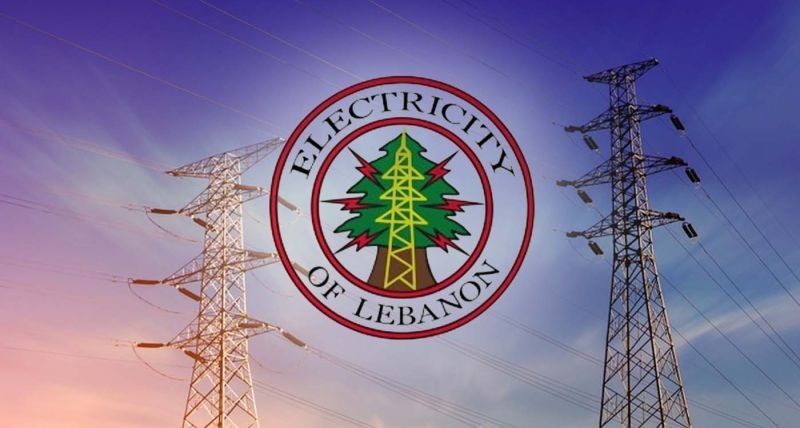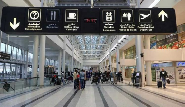
On Saturday, Lebanon received a Kuwaiti tanker carrying fuel for the Zahrani and Deir Ammar power plants. According to Électricité du Liban (EDL), this delivery will give Lebanese households a few precious extra hours of electricity each day. In a country where power cuts have become as routine as morning coffee, the announcement feels almost miraculous.
Even a small relief can feel like a breath of fresh air in the daily lives of Lebanese families. But this shipment is more than just a tank of fuel: it represents a political gesture, much-needed financial support and a symbol of warming diplomatic ties with the Gulf monarchies. In a country where electricity has become a luxury and every hour of power matters, this Kuwaiti ship brings not just energy, it also rekindles a spark of hope.
Minister of Energy Joe Saddi told This is Beirut that the deal was struck on a government-to-government basis and covers the gradual delivery of 133,000 tons of diesel, split into three or four shipments at a pace suitable to Kuwait. A key detail, Saddi noted, is that half of this volume (66,000 tons) is being provided free of charge by the emirate, while the other half is purchased at market price. He stressed the significance of the deal, “This means the fuel was obtained at half the usual price, far better than any rate on the market.”
That detail carries weight in a country crippled by public debt and the financial black hole created by decades of mismanagement in the power sector. The minister assured that this fuel will not add to the nation’s debt. Its cost will be covered directly by revenues collected by EDL, rather than piling more onto citizens’ already steep bills. It’s a rare promise, and one worth noting.
“This generous aid from Kuwait comes as no surprise,” the Ministry of Energy said in a statement, noting that the emirate has always stood by Lebanon in its darkest moments. This time, the power grid is the beneficiary, bringing a few extra hours of light. It is not an energy miracle, but it is enough to ease the daily lives of the Lebanese.
However, EDL told This is Beirut that it is still too early to determine the exact number of additional electricity hours these shipments will provide, as the assessment is still underway.
It is worth noting that the agreement is not limited to fuel. Kuwait has also released $1.5 million to fund studies aimed at rebuilding the grain silos at the Port of Beirut, destroyed in the August 4, 2020, explosion.
This support comes in a particular geopolitical context. After years of tension between Lebanon and several Gulf countries, relations appear to be improving. It is important to recall that a diplomatic crisis erupted in 2021 following remarks by then-Lebanese Minister of Information Georges Cordahi regarding Yemen. The election of President Joseph Aoun paved the way for a gradual normalization with the Gulf monarchies, long wary of Hezbollah and Iran’s influence.
Thanks to the Kuwaiti fuel, Lebanon is slowly bringing light back, along with a renewed hope that one day, its power plants might operate more reliably rather than in fits and starts.




Comments